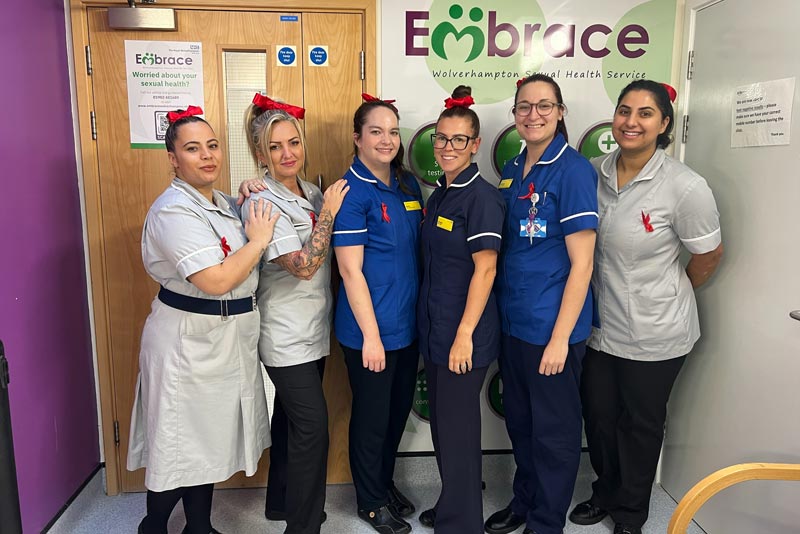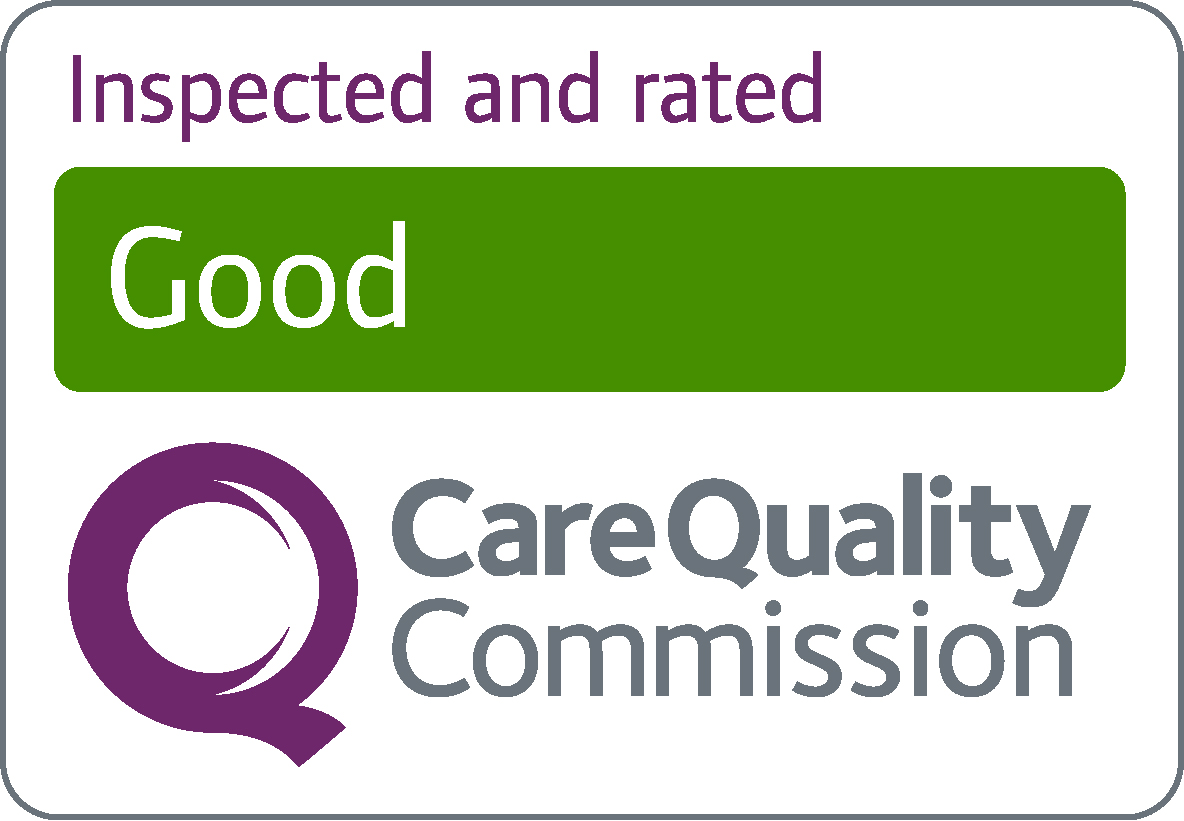Sharing story after vital support
Date of release: 2 December 2024
A woman who was born with HIV is sharing her story this World Aids Day after vital support helped her to be “in a much better place now.”

The 28-year-old has praised Nurses and Consultants at Wolverhampton’s Embrace Sexual Health Service for helping her come to terms with her HIV status.
“I was born with HIV, but acceptance was something I struggled with for a long time,” she said.
“I tried to detach myself from my diagnosis by trying not to think about it. I would not take my medication and the thought of going into clinic was something I dreaded and would often miss.
“I felt like I was in an endless loop; a cycle I didn’t want to be a part of, and with each appointment the cycle would commence again.”
She sought support and care from Embrace which proved to be a turning point.
“I feel seen and heard, not just as a HIV positive patient but as a HIV positive person. I’m in a much better place now,” she added.
Speaking about getting support from the Multidisciplinary Team, she said: “With their help, I am now in a place whereby taking my medication isn’t something I dread or avoid but instead I face it every day with a new mindset. Being HIV positive doesn’t define me.”
Stephanie Green, HIV Clinical Nurse Specialist, said: “At Embrace, to ensure that patients’ care is specifically individualised to their needs, the HIV Service values the input of the Multidisciplinary Team.
“We are fortunate enough to have many specialised staff who make up this team: Consultants, Clinical Nurse Specialists, Pharmacists, a Dietician, Occupational Therapists, a Clinical Psychologist and Health Advisors.”
Staff at Embrace can be spotted wearing the red ribbon this week, raising awareness for World Aids Day. It is the universal symbol of awareness and support for people living with HIV.
HIV – or human immunodeficiency virus - is a virus that attacks the immune system and reduces the body’s ability to respond to infections.
Anyone can contract HIV, regardless of gender or sexual orientation. It is a sexually transmitted infection (STI) that can be passed on through unprotected sex with someone who has HIV.
People can also get the virus if they come into contact with infected blood, such as through sharing needles or injecting drugs or steroids.
Not everyone with HIV has symptoms. Some people may have a flu-like illness two to six weeks after infection then no further symptoms for several years.
People should get tested as soon as possible if they think they might be at risk of HIV. The earlier HIV is detected, the more likely it is that treatment will be successful.
Embrace offers all patients the opportunity to be tested for HIV, which involves a quick and easy blood test that can be done at home.
Find out more about HIV testing at Embrace - HIV Services
ENDS
- For further information, please email amy.downward@nhs.net

